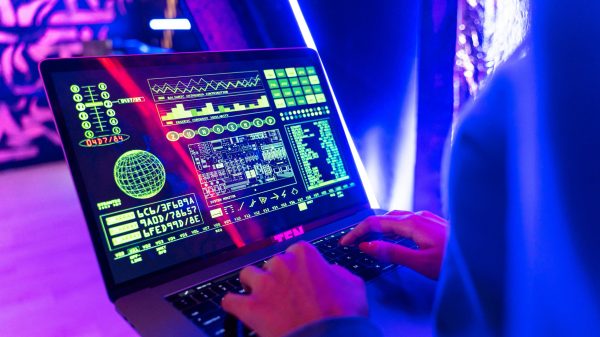Every day, our interactions pose seemingly innocuous questions to us, every time we choose to watch a movie on an online platform, or when we answer quizzes on social media games such as: ‘What is your ideal destination’, ‘Your sign is compatible with which one? All this personal information is exposed to the highest bidder with a simple click, or by answering that you prefer hamburgers instead of pizzas.
This society based on data and artificial intelligence is a place where diverse attitudes to technology must coexist. Moving forward in this world can be complicated, especially when FOMO (fear of missing out), JOMO (joy of missing out) and outright rejection of artificial intelligence are present. While some fear being left behind in the adoption of new technologies, others are comfortable avoiding AI altogether, and there are still those who reject it without giving it a chance.
Between these extremes, there are those of us who see the potential of AI and want to move forward prudently, understanding its scope and using it as a tool for progress. This requires a balanced approach that recognises both the opportunities and the challenges, and allows society to evolve in a sustainable way, without sacrificing people’s privacy and security.
The power of artificial intelligence
For me, artificial intelligence has great power, capable of being transformative or destructive, depending on how we use it. In particular, generative AI presents itself as a new companion, full of energy and empathy, ready to help us see the world from fresh perspectives. This technology can act as an infinite memory, capable of simplifying routine tasks and reminding us of important things, allowing us to focus on more creative and meaningful activities.
My experience with artificial intelligence
Working with AI has given me more time to think, to create and to challenge myself to find better ideas. However, this is not to deify AI, but to understand that it is a powerful tool but not a solution for everything. We need to use it with practicality and realism, without falling into fanaticism and denialism.
We talk about the values that drive us as a society and how they will influence technological advances and artificial intelligence, but the truth is that human beings have always dreamt of the future, something we see reflected in science fiction films. However, for some reason, in many of these films, the result is always wars or situations where some seek to dominate others, in a world where not everything is black and white, and where sometimes it is not clear who are the good guys and who are the bad guys.
Hence the urgent need for ethics and accountability committees in AI, and why the adoption of values such as SUM (connect, protect, care and respect) and the application of principles such as FAST (fair, accountable, safe and transparent) is so important. Why is this so vital? Because without it, we would not be ensuring our own survival. There always seems to be a power struggle between those who wish to control this enormous technological potential, and I worry that the reality is moving closer to dystopian science fiction.
There always seems to be a power struggle between those who wish to control this enormous technological potential, and it is essential to ensure that our reality does not approach a dystopian science fiction. I sincerely hope that the reality is different from those dystopian movies and that we really can apply the principles of FAST and SUM. But I also wish that we do not spend all our energy protecting ourselves from those who use technology for harmful purposes, and instead focus on advancing crucial areas such as medicine, education, and, of course, our future.
Yes, it may sound like a letter to the Three Wise Men, but it’s hard not to feel that way when we see how much progress we could make with AI and then realise that the world is still divided by wars, weapons manufacturing and power struggles. In the meantime, we should be looking for cures for cancer and other deadly diseases, or improving education so that we stop being automatons and develop the critical thinking we need to use AI ethically and responsibly.









